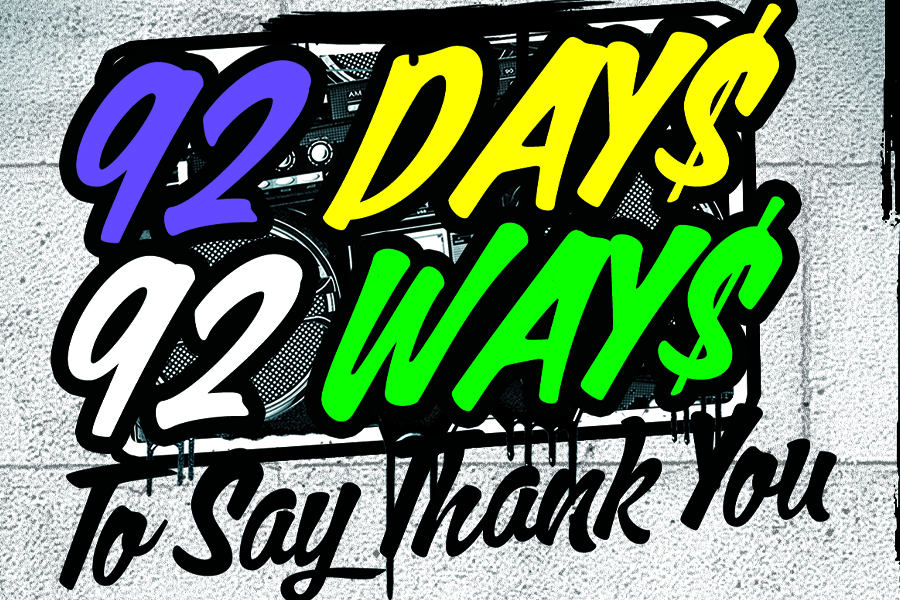Some SC teachers will now get a daily state-mandated break
COLUMBIA, SC (WSPA) – With some South Carolina students back in the classroom, a new law ensures that certain teachers have time to recharge and refocus during the school day.
The law, signed in 2022, aims to provide elementary school and special education educators with a 30-minute unencumbered period during each regular school day. State lawmakers gave school boards until July 1st of this year to adopt a policy.
According to Patrick Kelly, director of government affairs at the Palmetto State Teachers Association (PSTA), this law has the potential to be a game-changer for South Carolina’s ongoing efforts to support and retain its teaching workforce.
He said the policy is not just about giving teachers a chance to catch their breath, it’s a move to address the challenges that were causing many elementary school teachers to leave the profession.
Kelly emphasized that the provided break time can be a valuable opportunity for teachers to engage in self-directed planning, grade student assessments, and design enriching learning activities. He stressed the importance of integrating this time into the school day to ensure its effectiveness.
The law requires elementary school principals to allocate a minimum of 30 minutes of uninterrupted time to full-time teachers on a daily basis. This break is intended to provide educators with the flexibility they need to recharge and refuel, ultimately benefiting both teachers and their students.
However, this initiative is not intended to extend teachers’ work hours or burden them with additional responsibilities.
Earlier this year, the state Board of Education established a model policy that school districts could adopt.
“Schools need to follow the policy that’s been set down by the state board with fidelity and ensure that during the regular workday, their teachers are getting a moment to catch their breath, go to the bathroom, eat a sandwich so that they are fully charged and able to provide instruction and meet the needs of their students,” Kelly said.
The law provides exceptions for extreme and unavoidable situations.




